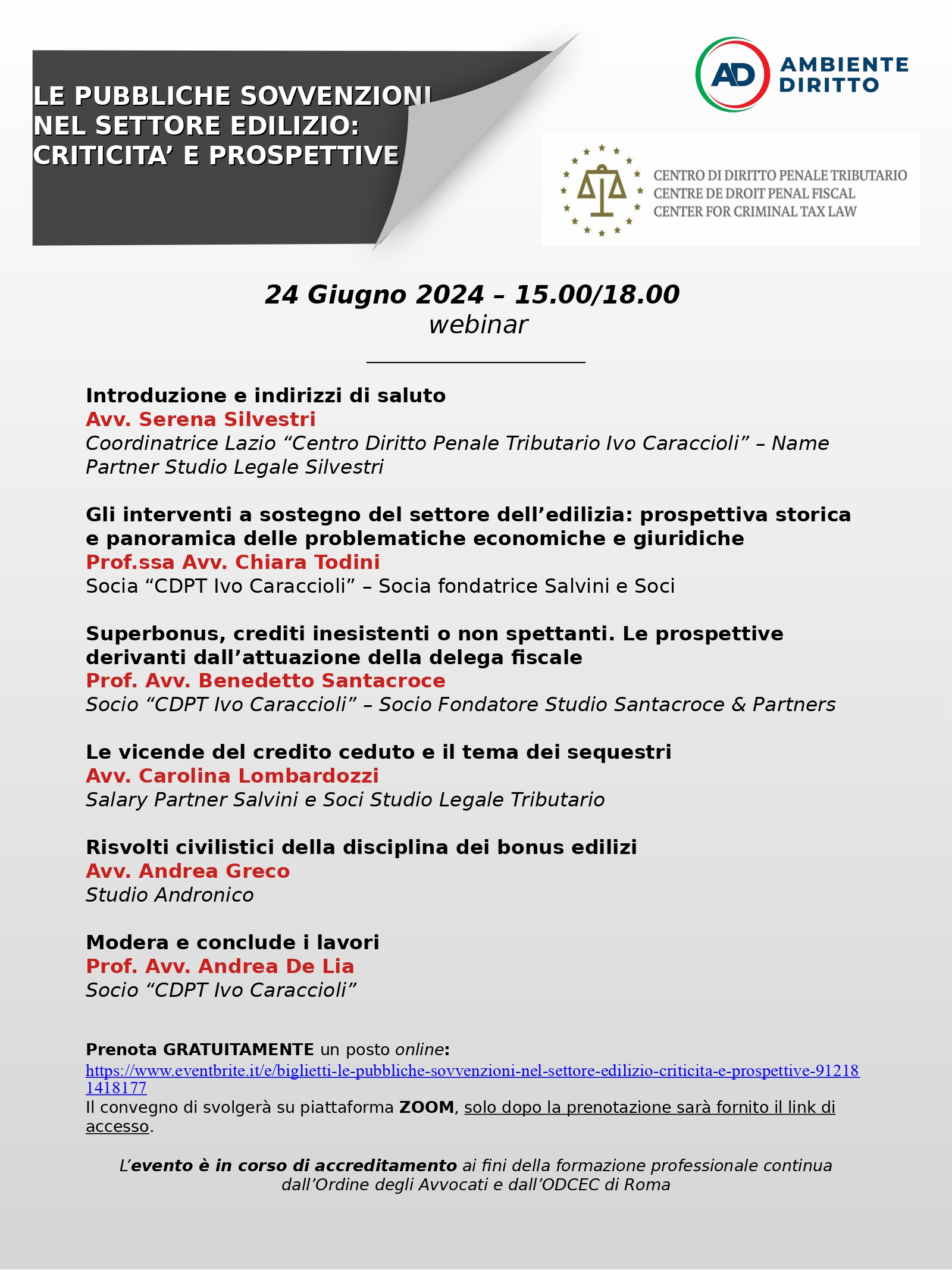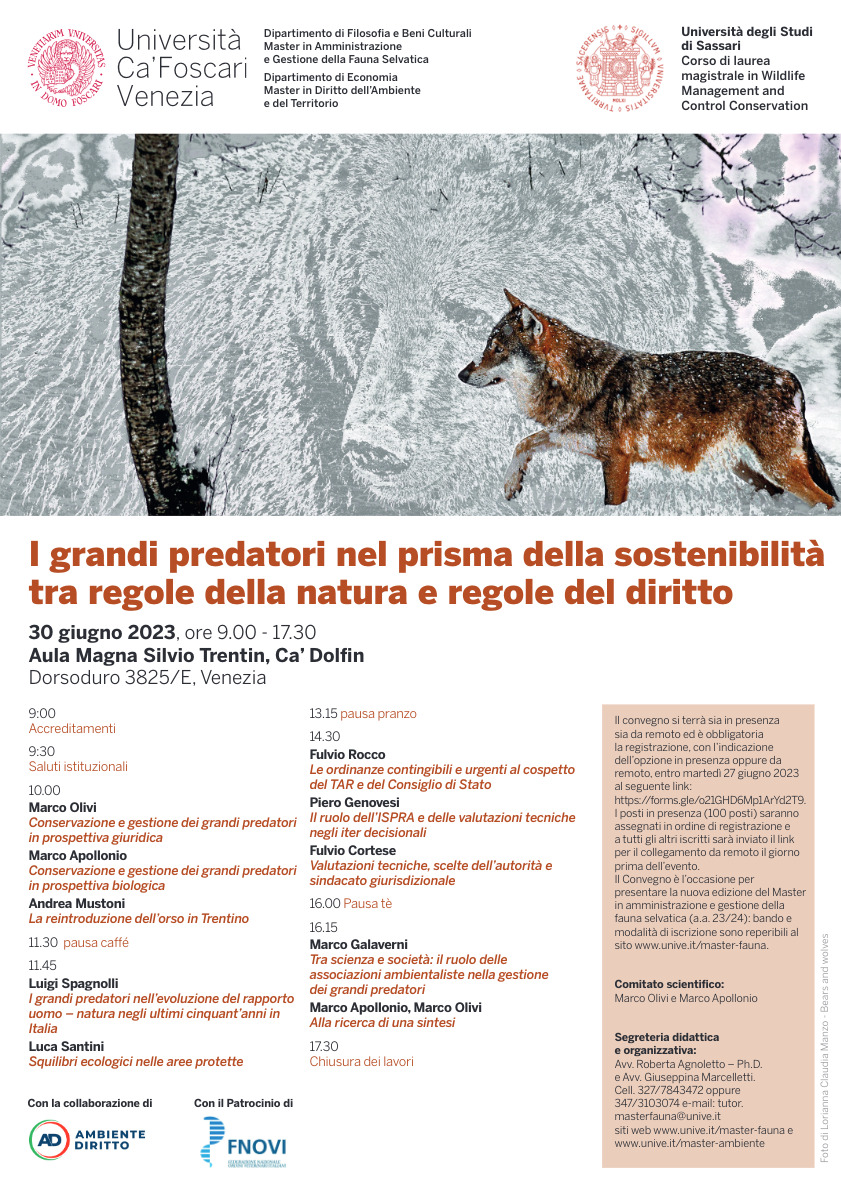
ENFORCING A RIGHT TO HEALTHY ENVIRONMENT IN THE ECHR SYSTEM: THE “CORDELLA V. ITALY” CASE
Francesco Carelli
Abstract
Starting from the 90s, European Court of Human Rights has developed an environmental dimension of health protection sustained by the extensive application of art.2 (right to life) and art.8 (right to respect for private and family life). Cordella v.Italy [Joined cases 54414/13 and 54264/15] is a significant decision in the ECHR case-law as it has recognised a right to healthy environment not only remarking the substantial right but, as well, on a procedural point of view by stating the violation of both art.8 and art.13 of the ECHR. Firstly, this paper will investigate the development of environmental rights in the international context and how these have developed in the ECHR system and, therefore, it will evaluate the decision of Cordella v. Italy analysing the context, the previous judgements, the reasoning of the Court and the consequences of this decision.
INDEX: I. Introduction; II. Environmental substantial rights in Europe: “Greening The Echr”; III. Environmental procedural rights: Aarhus convention and echr; IV. Recent developments in echr’s case-law: CORDELLA V. ITALY; – 1. Facts – 2. Previous judgements on ILVA steel plant – 3. The reasoning of the Court – 4. Consequences; V. Conclusion; VI. Bibliography.
ESECUZIONE DEL DIRITTO ALL’AMBIENTE SANO NEL SISTEMA CEDU: IL CASO “CORDELLA C. ITALIA”
A partire dagli anni ’90, la Corte europea dei diritti dell’uomo ha sviluppato una dimensione ambientale di protezione della salute sostenuta dall’ampia applicazione dell’articolo 2 (diritto alla vita) e dell’articolo 8 (diritto al rispetto della vita privata e familiare). Cordella v.Italy [cause riunite 54414/13 e 54264/15] è una decisione significativa nella giurisprudenza della CEDU in quanto ha riconosciuto un diritto a un ambiente sano non solo osservando il diritto sostanziale ma, anche, su un punto procedurale ed esegetico dichiarando la violazione sia dell’articolo 8 che dell’articolo 13 della CEDU. In primo luogo, questo documento esaminerà lo sviluppo dei diritti ambientali nel contesto internazionale e come questi si sono sviluppati nel sistema CEDU e, pertanto, valuterà la decisione di Cordella v. Italia analizzando il contesto, le sentenze precedenti, il ragionamento del Corte e le conseguenze di questa decisione.
Scarica allegato





 AMBIENTEDIRITTO.IT EDITORE
AMBIENTEDIRITTO.IT EDITORE